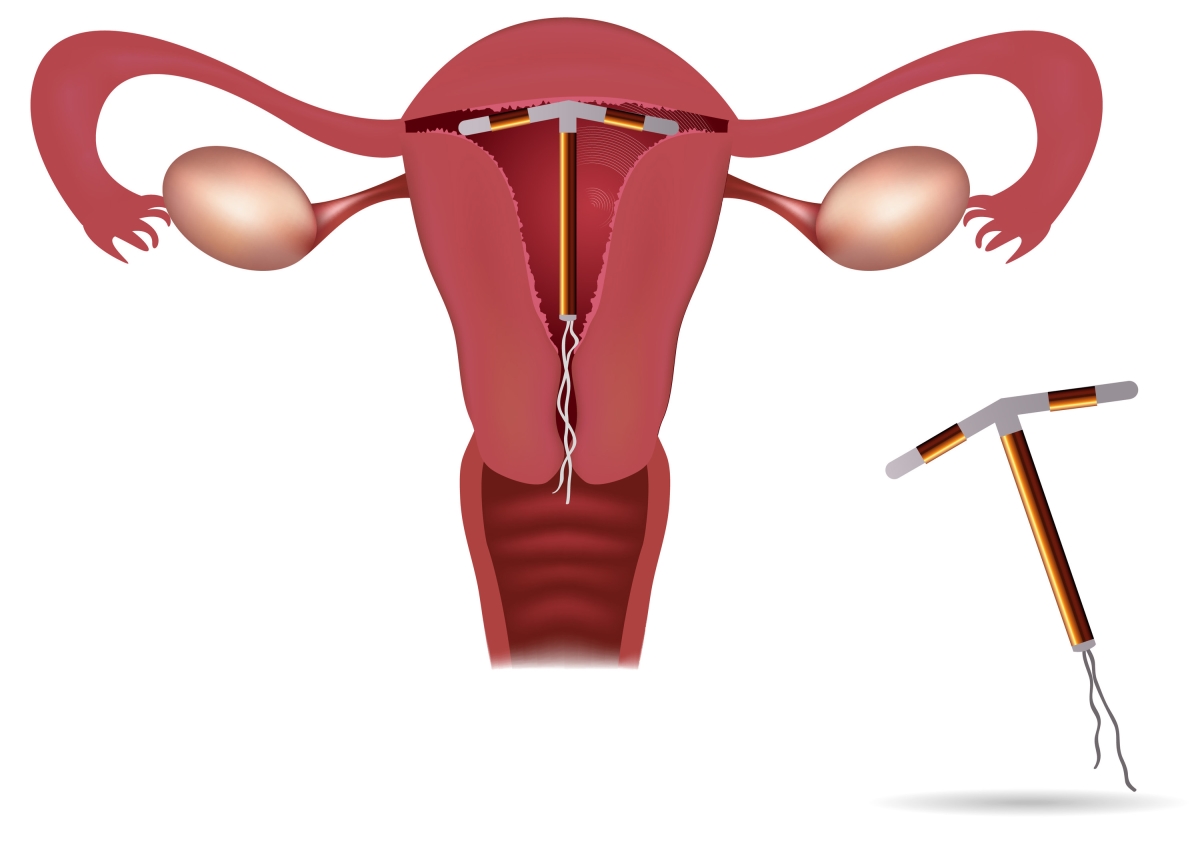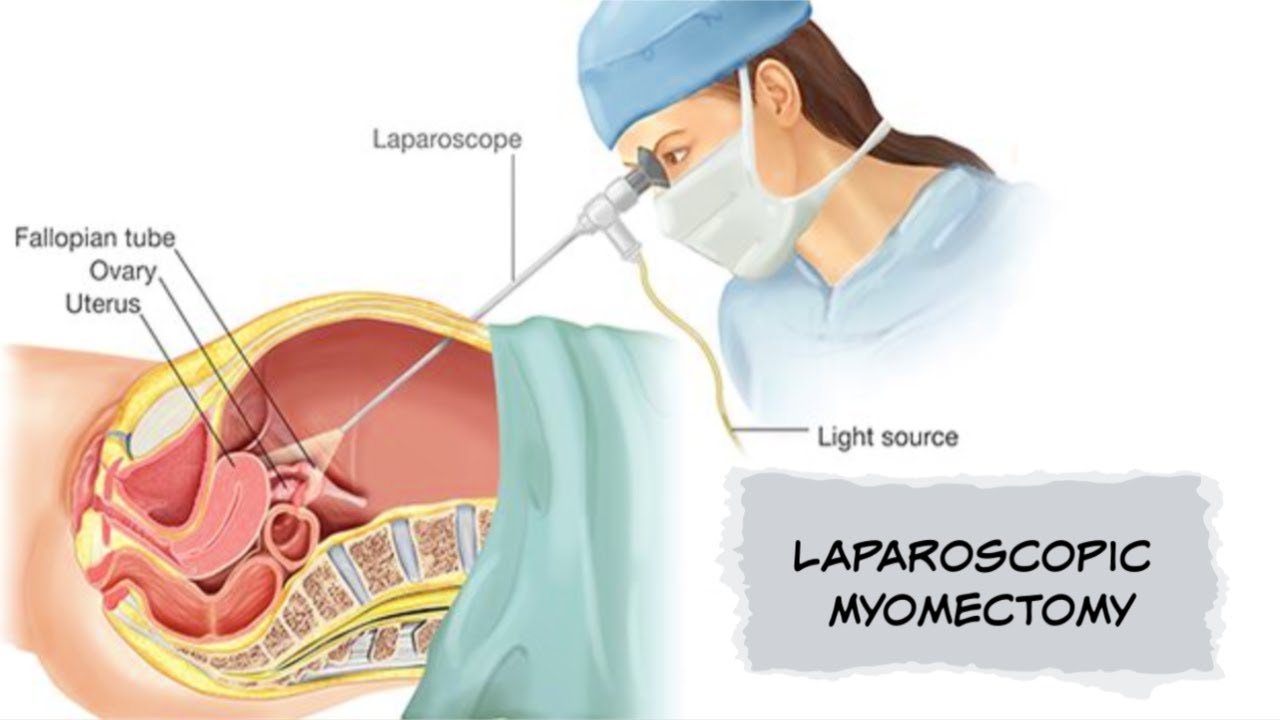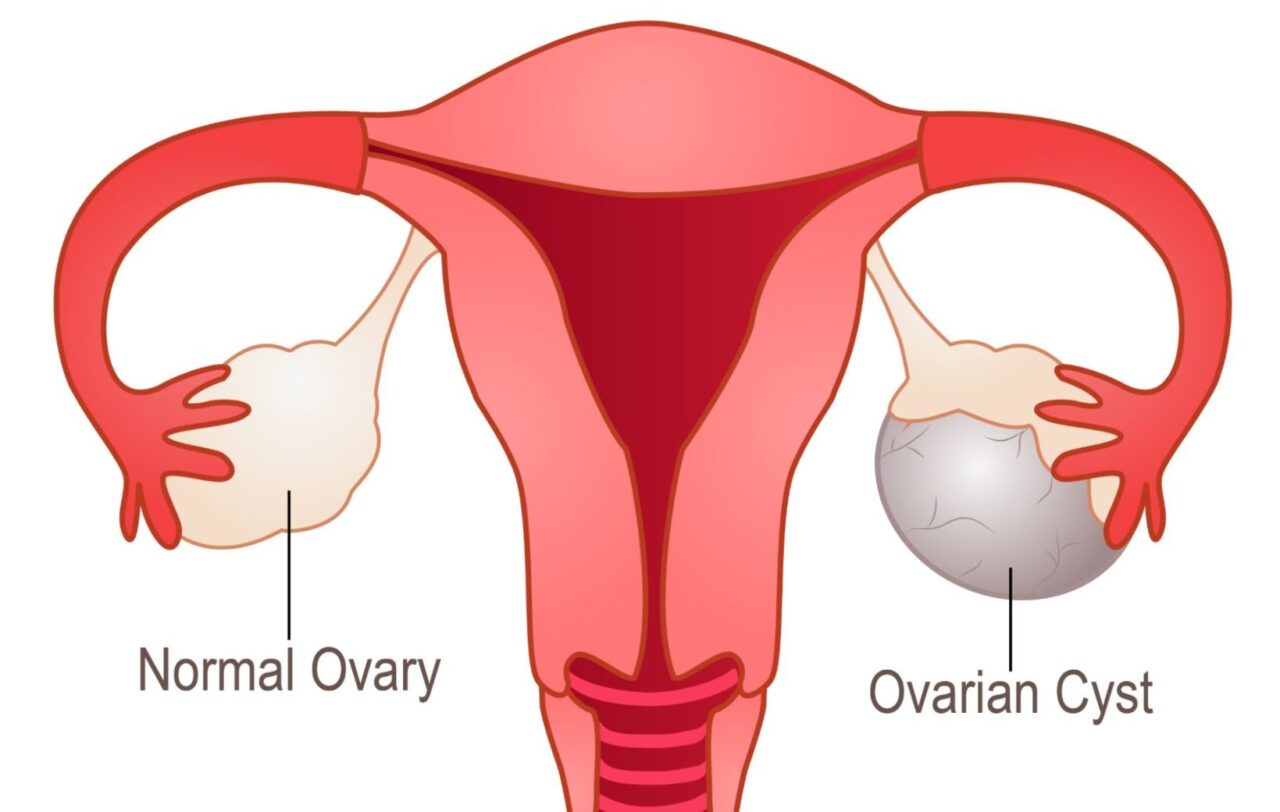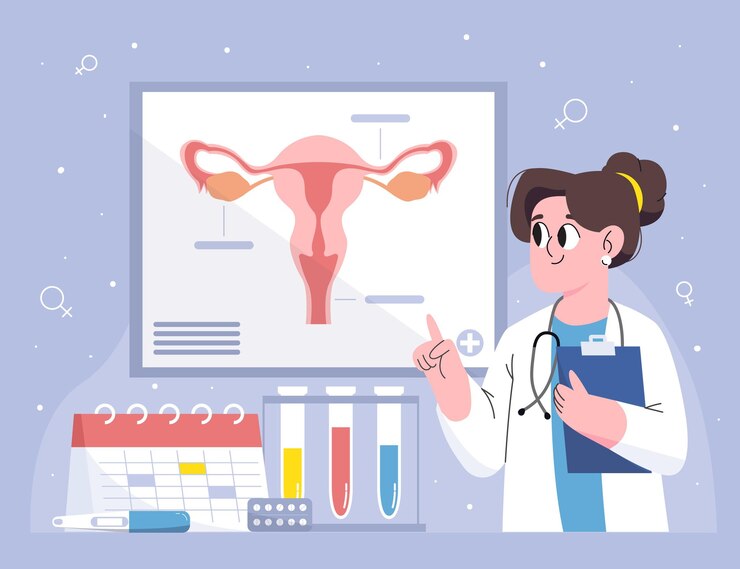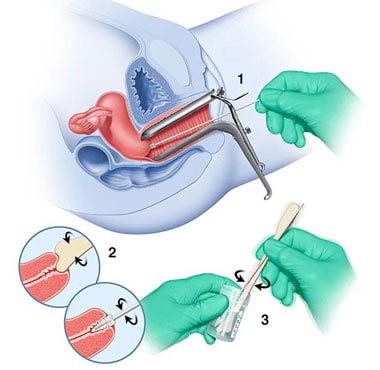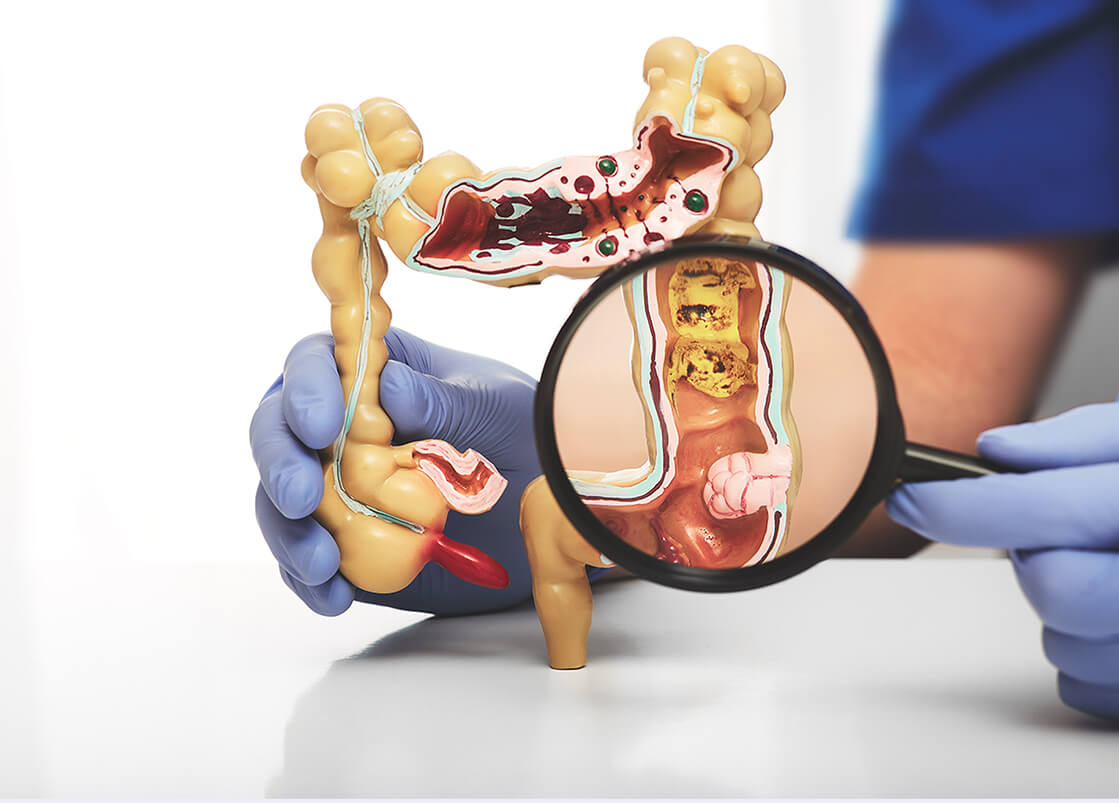Can I get pregnant after the removal of a retained IUD?
Pregnancy After Retained IUD Removal: 1- Possibility of Pregnancy: 2- Variability in Reproductive System Recovery: 3- Impact of Complications: 4- Role of Individual Fertility Factors: 5- Discussion with Healthcare Provider: 6- Provider’s Guidance: For personalized and expert gynecological care, schedule a consultation with Dr. Neha Lalla, the Best Indian Gynecologist in Dubai. Your reproductive health […]
